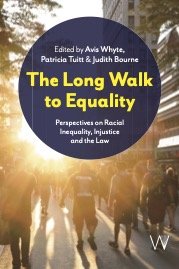By Gauthier Marchais, Christian Mastaki Mugaruka, Raúl Sánchez de la Sierra, and David Qihang Wu
We use a sharp withdrawal of the state that precipitated a rise in insecurity in the Democratic Republic of the Congo to analyze the role of community in the rise of militias. Through a range of data collection techniques, we find that the withdrawal led to a spectacular rise and growth in militia village chapters that were supported by the communities to fight the instigators of that insecurity. While some of this growth can be attributed to the release of pent-up revenge motivations among previously victimized households, the extraordinary expansion is driven by communities facing a sharp new increase in insecurity as a result of the withdrawal, highlighting the perceived value of community security. In these villages, community members were propelled to join the newly formed militia chapters by both intrinsic and extrinsic social motivations, including the desire to protect their community and concerns about social status. Moreover, this rise is accentuated in villages where the local elite mobilizes informal community mechanisms in response to the heightened insecurity, upholding informal norms and amplifying intrinsic social motivations to join among community members. These findings offer a new perspective on militia emergence, emphasizing the role of social motivations and of community, and nuancing the distinction between economic and noneconomic incentives, consistent with an extensive literature using qualitative methods.
WORKING PAPER · NO. 2024-87
Chicago: University of Chicago, The Becker Friedman Institute for Economics, 2024. 107p.





